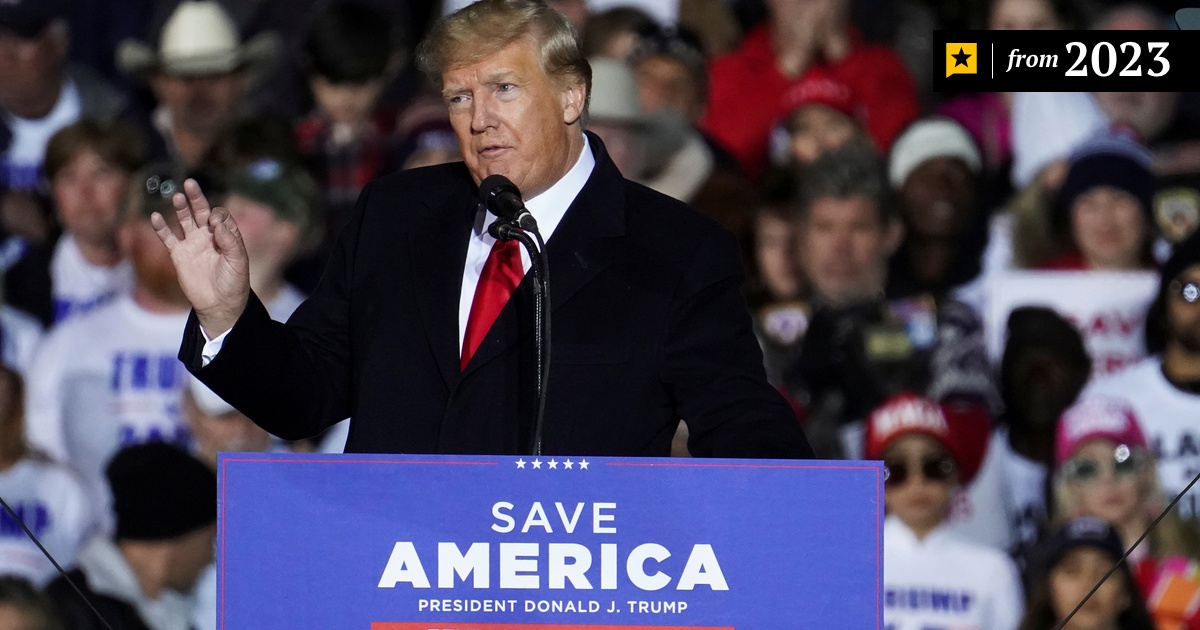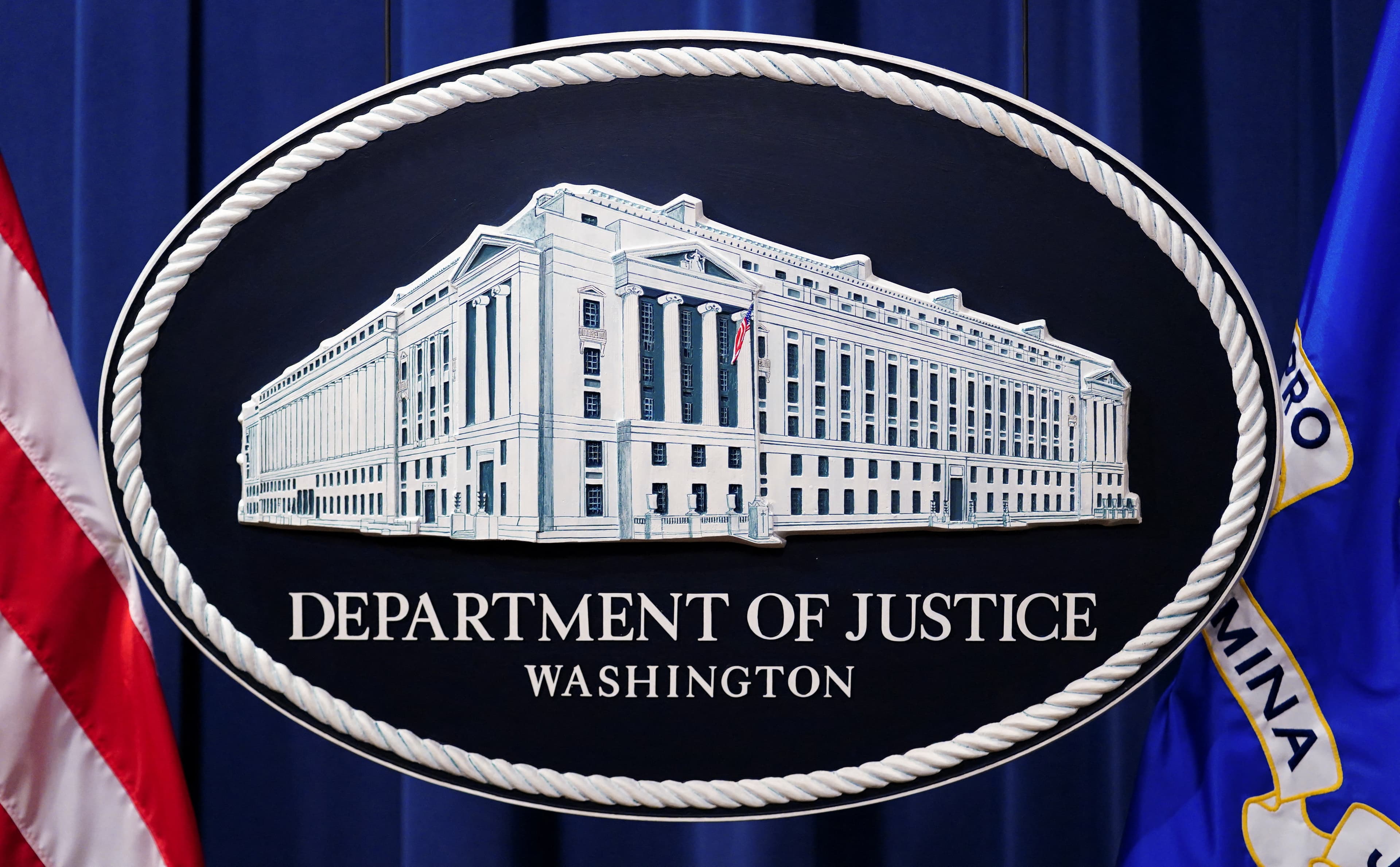The recent Justice Department memo declaring a lack of evidence regarding Jeffrey Epstein"s alleged "client list" has ignited a firestorm among MAGA supporters, revealing the dangerous entanglement of conspiracy theories within modern conservative politics. The fallout from this announcement exposes not just the fragility of the right"s grip on truth, but also the unsettling implications for accountability and justice in a system increasingly defined by misinformation.
Justice Department Memo Dismisses Key Claims
The findings released by the Justice Department confirm what many have speculated for years: there is no credible evidence of a client list or any blackmail schemes orchestrated by Epstein, a convicted sex offender who died in custody in 2019. This memo, however, contradicts the sensational promises made by Trump’s allies, particularly Attorney General Pam Bondi, who had previously suggested big revelations were on the horizon.
Conspiracy Theories Fuel Political Divisions
The MAGA movement thrives on conspiracy theories, and this latest memo is a stark reminder of how misinformation can warp public perception and erode trust in institutions. The backlash from Trump supporters, who feel betrayed by a lack of explosive revelations, highlights the dangerous reality we face: a political landscape where facts are secondary to narrative and belief. According to NPR, the typical response from MAGA adherents has been one of outrage, dismissing the memo as a cover-up rather than accepting the findings as fact.
Implications for Accountability and Transparency
This debacle raises serious questions about accountability within the Trump administration and beyond. In a world where powerful figures can escape scrutiny, the implications are profound. The Justice Department"s findings, which essentially tell the public to “move along, there’s nothing to see here,” undermine the very principles of transparency and accountability that are foundational to a functioning democracy.
Historical Context of Epstein"s Case
The Epstein case has always been shrouded in controversy and speculation. His connections to high-profile individuals and the circumstances surrounding his death have fueled rampant conspiracy theories, which in turn have been weaponized for political gain. The recent DOJ memo serves as a reminder of how easily narratives can be constructed and deconstructed in the arena of public opinion. As reported by ABC News, the conclusion that there is no evidence supporting these theories only seems to exacerbate the sense of disillusionment among those who feel their concerns were validated by the very rhetoric of the Trump administration.

Donald Trump will host first 2024 presidential rally in Waco ...
The Role of Media in Shaping Narratives
The media landscape plays a crucial role in shaping these narratives. Right-wing media outlets have previously encouraged the fervor around Epstein"s case, often amplifying disinformation to draw viewers and maintain a loyal audience. The fallout from the DOJ memo serves as a cautionary tale about the responsibilities of media to fact-check and provide context. As the New York Times notes, the gap in video evidence related to Epstein’s jail cell raises further questions, yet the willingness to jump to conclusions without evidence remains a hallmark of sensationalist journalism.
Broader Consequences for Social Justice
The implications of this controversy extend beyond the Epstein case itself; they reflect a broader societal issue where marginalized voices are often silenced or overshadowed by louder, more aggressive narratives. The outcry from conspiracy theorists serves to distract from the systemic issues at play—issues that demand attention and action, such as the ongoing fight against sexual exploitation and the need for comprehensive reform in our justice system. As we dissect the fallout from this scandal, it is crucial to redirect the conversation towards real accountability and the urgent need for a justice system that prioritizes victims over political narratives.



![[Video] Gunfire between Iraqi security forces and Sadr militias in Baghdad](/_next/image?url=%2Fapi%2Fimage%2Fthumbnails%2Fthumbnail-1768343508874-4redb-thumbnail.jpg&w=3840&q=75)
